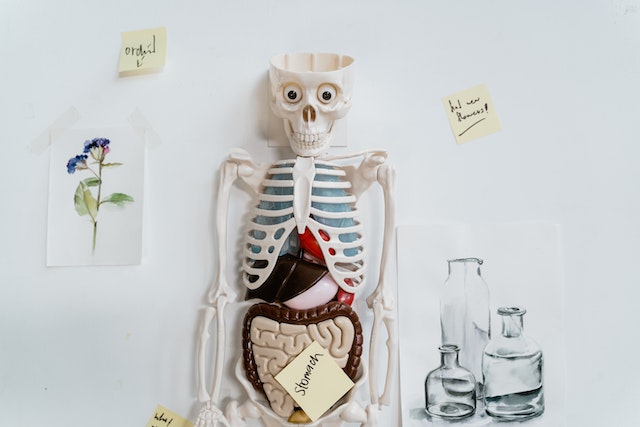Introduction: Artificial tissues and organs are poised to revolutionize the treatment landscape for chronic diseases, offering innovative solutions that can significantly improve patient outcomes. By harnessing advancements in regenerative medicine, tissue engineering, and bioengineering, artificial tissues and organs hold the potential to transform the way we approach the management and treatment of chronic diseases. This article explores the key ways in which these remarkable developments will change the field of medicine.
- Functional Restoration: Artificial tissues and organs provide the possibility of restoring functionality to damaged or diseased organs affected by chronic diseases. By leveraging techniques such as tissue engineering and transplantation, artificial replacements can mimic the structure and function of native tissues. This restoration of functionality offers renewed hope to individuals suffering from chronic conditions, enabling them to regain normal or near-normal physiological capabilities and enhancing their overall quality of life.
- Disease Monitoring and Modeling: Artificial tissues and organs serve as powerful tools for disease monitoring and modeling in the context of chronic diseases. By replicating specific disease conditions in vitro, scientists can study disease progression, test potential treatments, and gain insights into underlying mechanisms. This approach allows for more precise and personalized treatment strategies, leading to better disease management and improved outcomes for patients with chronic conditions.
- Drug Testing and Development: The development of artificial tissues and organs has transformative implications for drug testing and development in the realm of chronic diseases. By creating physiologically relevant models of diseased tissues, researchers can accurately assess the efficacy and safety of potential therapeutic interventions. This enables the identification of novel treatments, accelerates the drug development process, and reduces the reliance on animal testing. Artificial tissues and organs thus play a crucial role in advancing precision medicine and facilitating the development of targeted therapies for chronic diseases.
- Personalized Medicine: Artificial tissues and organs pave the way for personalized medicine approaches in the management of chronic diseases. By utilizing patient-specific cells and tailor-made structures, healthcare providers can develop individualized treatment plans that are optimized for each patient’s unique needs. This personalized approach takes into account factors such as genetic predispositions, disease progression, and treatment response, leading to more effective and targeted interventions. Artificial tissues and organs act as valuable tools in the realization of personalized medicine, ushering in an era of tailored healthcare for chronic disease patients.
- Long-Term Therapeutic Solutions: Chronic diseases often require long-term management and ongoing treatment. Artificial tissues and organs offer durable and sustainable therapeutic solutions in this regard. Unlike temporary interventions, these bioengineered constructs have the potential for long-term integration and functionality. This longevity reduces the need for frequent interventions, such as repeated surgeries or drug administrations, minimizing the burden on patients and healthcare systems. Artificial tissues and organs thus provide durable therapeutic options that can significantly improve the management of chronic diseases.
Conclusion: Artificial tissues and organs hold tremendous potential in transforming the treatment landscape for chronic diseases. From functional restoration and disease modeling to personalized medicine and long-term therapeutic solutions, these innovative developments have the power to revolutionize patient care. By leveraging advancements in regenerative medicine and bioengineering, artificial tissues and organs offer renewed hope for individuals living with chronic diseases, providing more effective, precise, and personalized interventions. As research and technology continue to advance, we can anticipate a future where the management of chronic diseases is profoundly transformed, leading to improved quality of life for countless patients.












